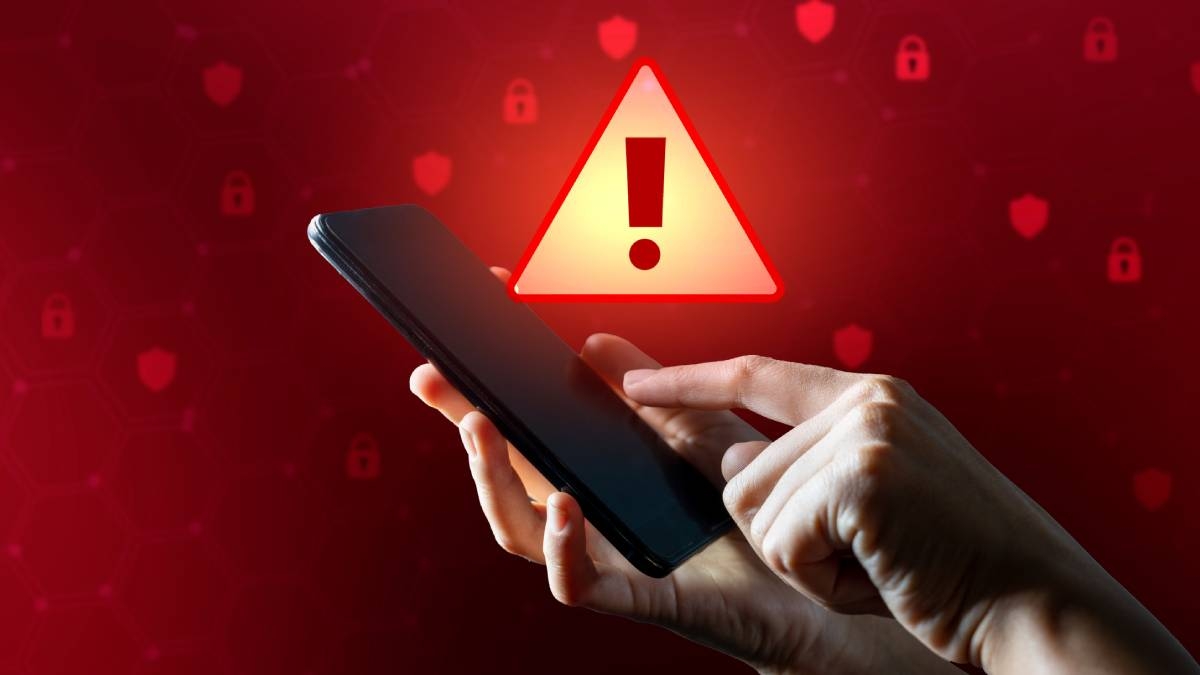Health
Warning: Your Phone Might Be Making You Sick — Literally
Too much phone time can harm your sleep, eyes, posture, and mental health. Learn how smartphones affect your body and how to reclaim control.

- Too much phone time can harm your sleep, eyes, posture, and mental health. Learn how smartphones affect your body and how to reclaim control.
In today’s hyperconnected world, our smartphones have become more than tools — they’re companions, lifelines, and, unfortunately, health risks. From dawn to midnight, your phone acts as your alarm clock, entertainment hub, workplace, and escape.
But behind that glow is a silent threat to both your health and peace of mind.
According to a recent report by Statista, the average Nigerian spends over six hours daily on a smartphone. That’s nearly a third of every day — mostly spent staring, scrolling, and stressing.

How Phones Affect Your Body
Sleep disruption: Blue light from screens suppresses melatonin, the hormone that helps you fall asleep, leading to insomnia and fatigue.
Eye strain: Prolonged screen use causes digital eye strain, resulting in headaches, blurred vision, and dry eyes.
Neck and back pain: Constant bending toward your phone contributes to a modern posture issue known as tech neck.
DON’T MISS: National Girlfriend Day: 100 Heartfelt Messages & Wishes to Captivate Her Heart (2025)
Weight gain: Excessive screen time replaces physical activity, increasing the risk of obesity and related diseases.
But It’s More Than Physical — It’s Mental
Every ping, notification, and viral trend keeps your brain on high alert. Social media platforms are intentionally designed to trigger dopamine hits — tiny bursts of pleasure that make you keep scrolling.

Over time, this rewires your brain to crave constant stimulation, reducing your ability to handle boredom, focus deeply, or stay calm.
Worse still, endless exposure to negative news and online conflict can heighten anxiety, anger, or even cause emotional numbness.
How to Reclaim Control
- Digital Sabbath: Take at least one hour daily with no phone or screens — just be present. (NPR Guide)
- Bedtime boundaries: Keep your phone out of reach while sleeping to improve rest quality. (Cleveland Clinic)
- Turn off non-essential notifications that interrupt your focus.
- Spend time offline — talk, read, walk, move, breathe, reconnect with the real world.
Your phone should serve you, not drain you. Control it, or it will control you.
























You must be logged in to post a comment Login